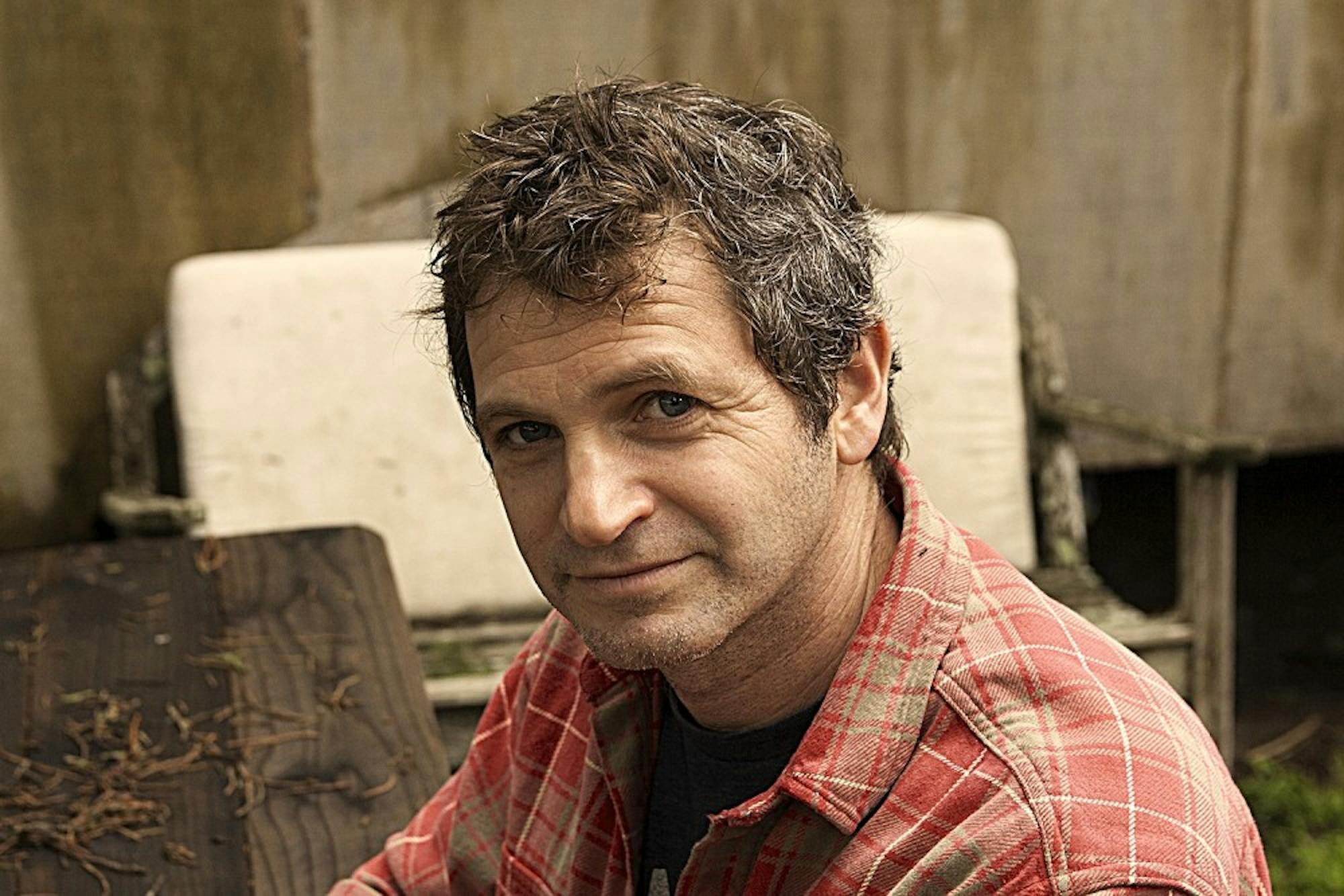Peter Orner is a new professor in the department of English and creative writing. Orner has authored acclaimed story collections and novels and edited various oral histories over the past two decades. He most recently released a series of essays and memoirs called “Am I Alone Here?: Notes on Reading to Live and Living to Read,” which was a National Book Critics Circle Award finalist. Orner is teaching Creative Writing 10, “Writing and Reading Fiction,” and Creative Writing 40.06, “Uses of Fact,” during the fall term.
When you choose a topic to write about, what criteria do you use?
PO: I’m always looking for a story that sticks in my head and won’t leave it for some reason. Something that really keeps wanting to somehow be told. It’s weird because I do both, right? So I do nonfiction and fiction. When I’m writing a novel or a story collection, it starts with character. I imagine a character or I see somebody, and I want to figure out what makes them tick or what’s going on in their heads, and I imagine it.
You’ve traveled extensively for this work before coming to Dartmouth. What appeals to you about studying such varied places and stories?
PO: Well, I find that when I travel, I try to live in a place for as long as I can. I don’t really do “travel writing.” What I try and do is something more immersive than that, where I try and get to know a place and go from there. Just recently I went back to Namibia [where Orner’s first novel was set] and spent a year and a half there doing research for a new book. So I think that travel definitely forms my work, but ideally for me, travel consists of living an ordinary day in a place and not as a traveler. I like to spend time in a place so I can go to the grocery store or the market and live a day-to-day life. Then I go from there.
How has the travel affected your sense of “home”? Do you maintain a connection to a place like your hometown or places you’ve worked, or does travel change that connection?
PO: It’s a fascinating idea to me because I feel like I do have many homes, but I’m kind of a homebody. I’m a homebody who travels. So I like to create a home wherever I am, but I’m from Chicago and I consider Chicago home, and it will always be. But I lived many years in California, so California is also home. And now that I’ve moved to the Upper Valley, and I’ve been here four months, I feel like I’m burrowing in here and trying to get to know the place as home. So I like to have multiple places that I call home. When I do travel, I try to make that home as best I can. I can’t write about a place unless it feels like home.
What appeals to you about teaching creative writing at Dartmouth?
PO: I can say that what appeals to me about Dartmouth is the intimacy of the place. When I came here for the interview, I had a wonderful time speaking with the students, and I did feel extremely comfortable right away because of how engaged the students were. And we were talking about writing and about its difficulties, its joys, its challenges. And I felt like there almost immediately was this comfort level in talking about very difficult subjects of how to get complex thoughts and feelings and ideas on the page. I felt right away that Dartmouth was going to be a good place for that.
People often ask me if writing can be taught. It’s a difficult question. What I think creative writing classes do best is create a sense of community. You’re in a group of people where there’s a real love and concern for literature, and that’s such a rare thing out in the world. I find that creative writing courses give people the space to create new work, which is new literature, and I find that inspiring.
What methods might you try in a creative writing course in order to hone students’ skills?
PO: Here’s an example of something I would do in a class. I would ask people to give me directions to a place that only they know how to get to. It could be the fort they built when they were a kid in the woods, or if they live in a city it could be a hidden alley that nobody knows about. What I look for when I teach writing is how to encourage people to be specific. There’s a great beauty in specificity. In this example about directions, it’s amazing how you’ve never been to the place the person is describing, but they’re so specific about how to get there that you start feeling like you know the place.
My message in creative writing classes is to use published works to inspire student writers to reach their own potential. I try to encourage young writers by showing them literature and showing them models that they can aspire to. And people say, “Wow, I’m so moved by that story. I’m going to try that myself.” And I find that storytelling is an art and something you have to practice, but it’s also something that is an essential thing about our lives. I mean, think about how many stories you tell in a day. It’s sort of like the fuel of our human relations, right? So when you put it in an academic setting, that’s complex because it automatically makes it a subject matter. And that has its disadvantages, no question about it. But I think what creative writing does is encourage people to think about storytelling in different ways. Ultimately, it’s about exploring our joy as well as our pain.
This interview has been edited and condensed for clarity and length.




